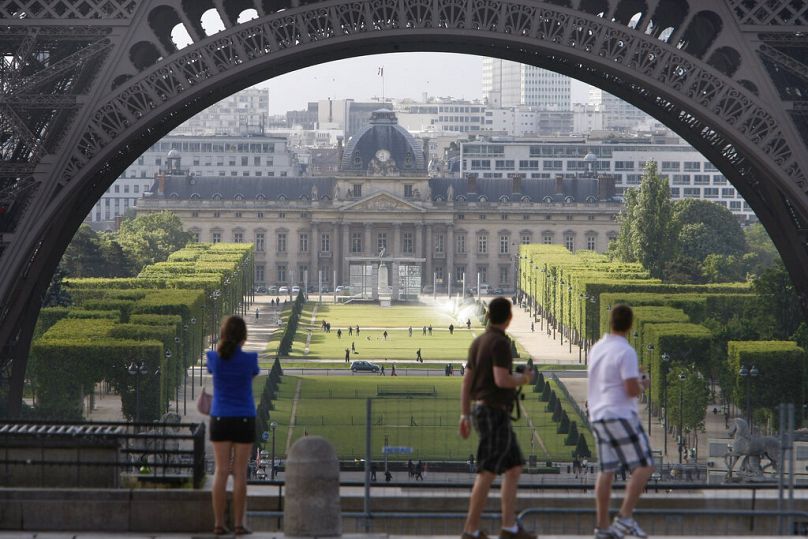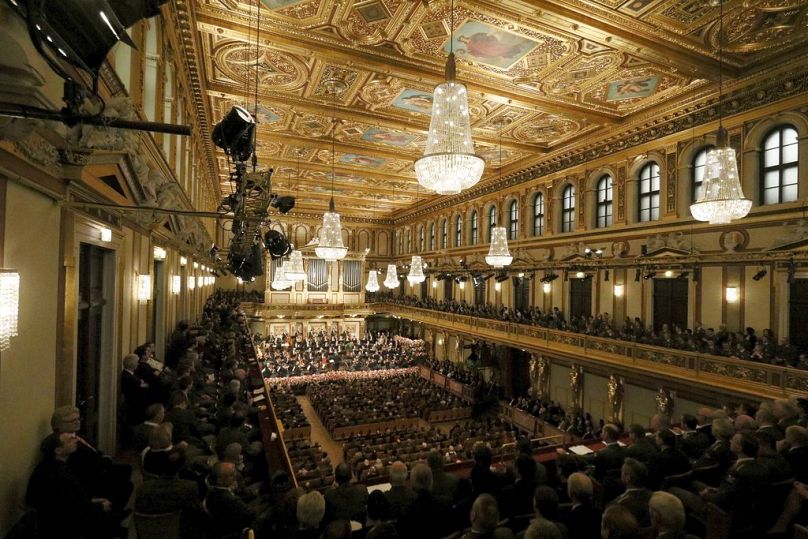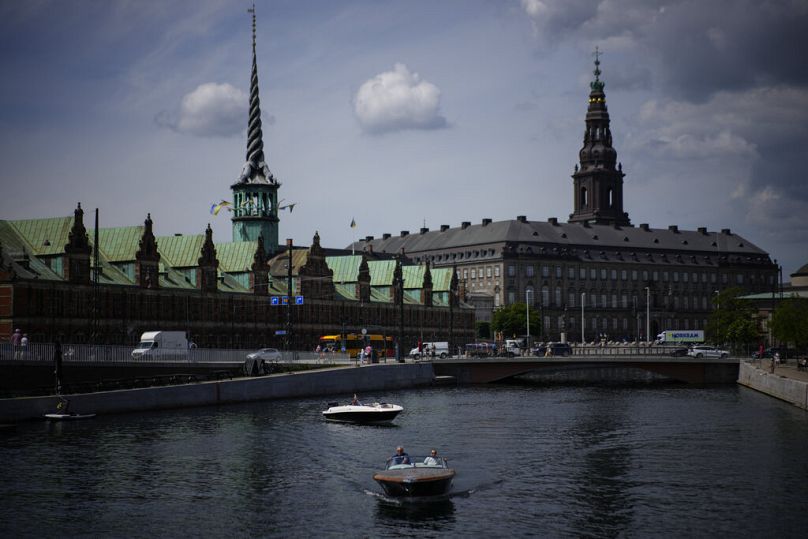To harness the power of travel, alleviate the drawbacks with smart policies, and make our world more tolerant and inclusive in the process — that’s the vision I’d like to offer, Peter Lochbihler writes.
What do we know about travel? And by that, I don’t just mean the joy of discovering new places, experiencing foreign cultures, and learning about the world.
What I’d like to explore is the impact of tourism and travel on humankind, especially now that it has transformed from a choice pursuit of the eccentric few to a favourite pastime for millions.
Going on eight years in the industry, I can say one thing with confidence: at its core, travel is a force for good in the world, and for policymakers, tourism offers one of the rare opportunities to stimulate local employment, generate revenue, and simultaneously raise humanity’s collective level of empathy.
And this is no mean feat in today’s environment — beset by geopolitical woes, divisiveness, and financial volatility.
There isn’t an economic sector immune to pitfalls and adverse effects, but in our industry, those are manageable with the proper set of guardrails and a tailored mix of policies. Here are three of my favourite case studies.
Paris and pollution reduction
With travel & tourism contributing €33.5 billion to the capital of France’s GDP, Paris was crowned the world's most powerful city destination by WTTC in 2022.
But that’s just half of the story. As it boosted revenue from tourism by at least a quarter within a decade starting in 2010, Paris also managed to reduce air pollution by 50%.
This transformative feat, I believe, involved a purposeful and concerted effort by the city authorities, residents, visitors, and the hospitality industry — acting in concert.
In a short ten years, Paris succeeded in reducing car use by an impressive 40% and embraced sustainability through initiatives like the Street Code, promoting eco-friendly transportation.
The city demonstrated its commitment to pedestrian safety by introducing car-free zones around schools and doubling down on bike lanes — a vast 1,120km network of which has now been created.
This extensive reshaping of urban transportation significantly reduced the carbon footprint and improved the quality of life for Parisians and visitors alike.
Vienna's affordable housing
Vienna’s population is expected to reach 2 million by 2027, and it is one of the fastest-growing cities in the EU. It is also a place popular with tourists.
In 2019 — a benchmark year for travel — Vienna recorded almost 18 million overnight stays. Remarkably, four out of every five visitors came from abroad.
Often taken for granted, the travel and tourism industry is a major driver of export revenue for economies large and small. In Austria’s case, the sector accounted for a whopping 39% of €53bn service exports total in the last representative year before COVID (2019).
However, the influx of new residents and visitors has posed challenges, particularly in housing supply and affordability. In response, Vienna offered a policy master class in social housing — worthy of mayoral attention the world over.
At present, approximately half of the city's residents live in municipal or subsidised housing units.
Vienna's city authorities set municipal rent levels and use limited-profit associations as a way to increase housing supply while keeping prices in check. The rents those entities can charge are cost-based, which leads to figures 30% below the market average.
Copenhagen: Case study in waste management
Copenhagen's metamorphosis over the past thirty years is nothing short of remarkable, shifting from a fading capital to a dynamic metropolis often lauded among the most desirable places to live.
The city's population grew by 13% between 2010 and 2023, and Copenhagen now boasts an estimated 1.4 million inhabitants. The number of visitors increased even faster — growing by 50% in less than a decade and culminating in a record-breaking 12.7 million overnight stays in 2019.
Amidst this phenomenal growth, Denmark had to contend with high per capita municipal waste levels and desperately needed to find a more sustainable way forward. The answer came in the form of the Circular Copenhagen initiative, which targeted a figure of 70% recycled waste by 2024.
Here again, innovative policy-making paired with a sharp focus on synergy and deployment of the latest technology is what made a difference.
By incinerating trash and generating electricity from it, Copenhagen addressed two issues with one solution — it improved its energy security while tackling the waste management conundrum.
And this is just the tip of the iceberg. The city has declared its ambition to become “the world’s most sustainable destination”. Such strategies are both good business in an increasingly competitive global tourism landscape and the right thing to do.
A chance to have one's cake and eat it
Mark Twain once quipped that travel is “fatal to prejudice, bigotry, and narrow-mindedness,” but in the 19th century, it was not yet the engine powering local economies.
In 2019, before the pandemic, 5% of the EU economy was directly attributable to tourism, which generated €572bn of total gross value added within the bloc.
Our sector is a unique and rare opportunity for the policymakers at tourism destinations to have their cake and eat it.
Every destination is different and requires a tailored tourism strategy, but when we work together and learn from each other, the force for good becomes even stronger.
To harness the power of travel, alleviate the drawbacks with smart policies, and make our world more tolerant and inclusive in the process — that’s the vision I’d like to offer.
Peter Lochbihler is Global Head of Public Affairs at Booking.com.
Contact us at view@euronews.com to send pitches or submissions and be part of the conversation.






